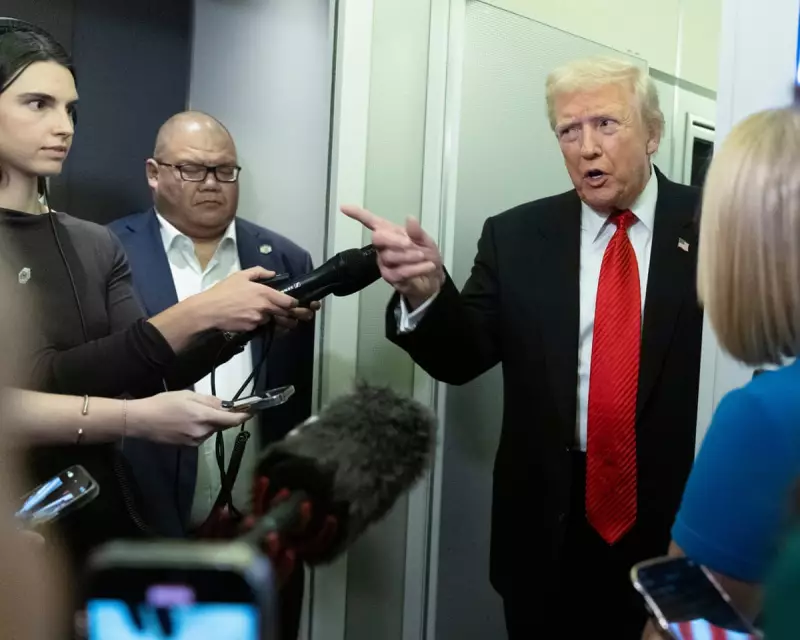
In what can only be described as a dangerous evolution of political reporting, Donald Trump's return to the political stage has been accompanied by a media landscape that appears increasingly willing to abandon journalistic principles in favour of partisan amplification. The relationship between the former president and certain media outlets has entered troubling new territory, creating an environment where objective truth struggles to survive.
The Normalisation of Extreme Rhetoric
Where once there were clear boundaries between fact-based reporting and political propaganda, we now witness mainstream platforms providing uncritical coverage of Trump's most inflammatory statements. This isn't merely biased reporting—it's the active construction of an alternative reality where conspiracy theories receive equal billing with verified facts and where democratic norms are treated as optional suggestions rather than essential foundations.
The consequences extend far beyond typical political disagreements. When media outlets fail to challenge demonstrably false claims or provide context for dangerous rhetoric, they become complicit in eroding public trust in democratic institutions. This creates a feedback loop where extreme positions become normalised and reasonable discourse becomes increasingly rare.
A New Playbook for Political Coverage
Trump's media allies have developed a sophisticated approach that goes beyond traditional partisan reporting. Their strategy involves:
- Treating conspiracy theories as legitimate subjects for serious discussion
- Providing platforms for misinformation without adequate fact-checking
- Framing democratic processes as inherently corrupt or suspect
- Creating false equivalencies between substantiated reporting and baseless claims
This approach doesn't just misinform viewers—it actively undermines the very concept of shared reality that functional democracies require to operate effectively.
The Erosion of Democratic Safeguards
Perhaps most concerning is how this media environment impacts democratic resilience. When citizens cannot agree on basic facts, when trust in institutions is systematically dismantled, and when political violence is implicitly or explicitly encouraged, the foundations of democracy begin to crumble. The media's traditional role as a watchdog and truth-teller becomes replaced by that of a cheerleader for authoritarian tendencies.
This isn't merely an American problem. The tactics being perfected in the United States are being exported globally, providing a playbook for would-be autocrats everywhere. The normalisation of these approaches in one of the world's oldest democracies sets a dangerous precedent that threatens democratic stability worldwide.
A Call for Media Accountability
The situation demands more than hand-wringing from concerned observers. It requires:
- Clearer editorial standards that distinguish between legitimate political coverage and the amplification of falsehoods
- Greater transparency about the relationships between media figures and political operatives
- Renewed commitment to fact-checking and contextual reporting
- Public pressure on platforms that consistently prioritise partisan loyalty over journalistic integrity
Without these corrective measures, we risk entering a post-truth era where democracy becomes increasingly vulnerable to those who would exploit its openness for anti-democratic purposes. The stakes couldn't be higher—not just for American politics, but for democratic governance everywhere.





